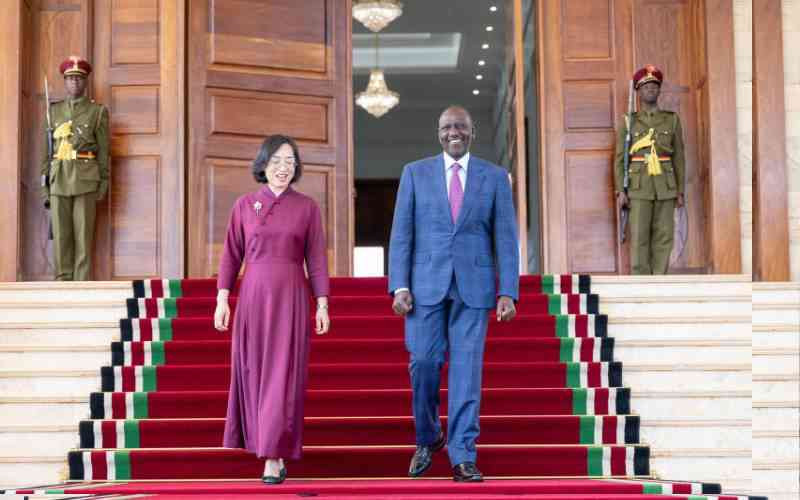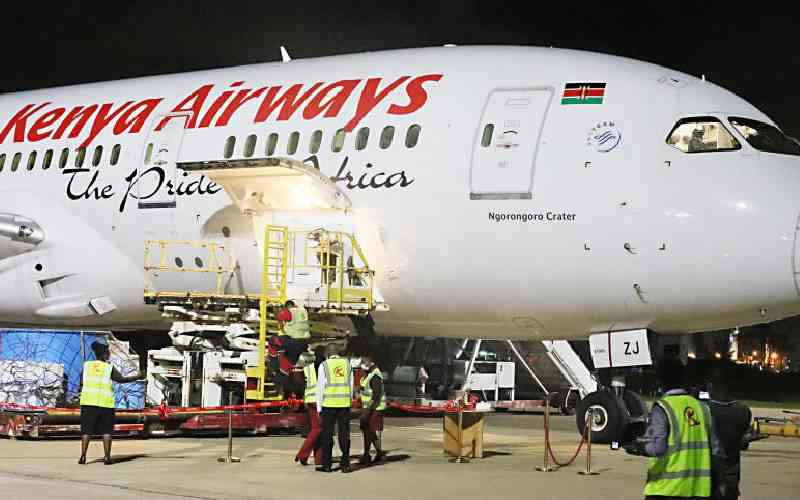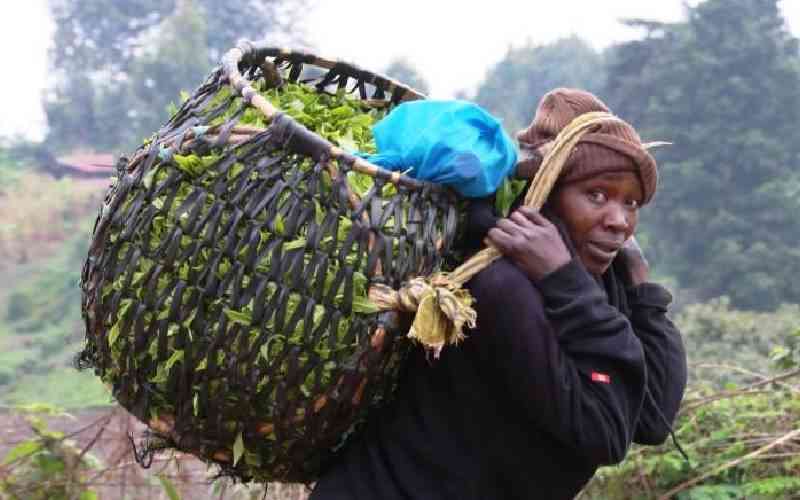
Behind the bandit attacks and cattle raids that have terrorised the North Rift for decades lies a troubling truth: rogue government officials, security agents, and even respected professionals are complicit in sustaining the region’s insecurity.
Despite continued operations that have lasted in the region, insecurity continues to thrive.
Criminals in the region have turned the ongoing Operation Maliza Uhalifu into a laughing stock.
Over the years, the government has issued ultimatums to illegal firearm holders to surrender them. Plans to carry out a forceful disarmament have also been announced.
Of concern is the source of the illegal firearms amid government efforts to address insecurity in the region.
Interior CS Kipchumba Murkomen in July this year pointed fingers at security personnel for aiding the illegal firearms trade in the region.
“Some of the bullets bandits have are sold by police officers; we have rogue officers and rogue government officials, intelligence-led operations have led to a number being charged,” said Murkomen in a previous press brief.
This was not the first time security personnel were being accused of aiding insecurity in the region.
In May this year, Murkomen revealed that at least 25 National Police Reservists had been arrested and dismissed for abetting banditry in Kerio Valley.
An inquiry into the state of security in six counties of the North Rift by the National Assembly Departmental Committee on Administration and Internal Security revealed that the proliferation and availability of illicit small arms, ammunition, and light weapons have empowered criminals.
The committee, in its findings, noted that porous borders and inadequate government presence in the North Rift region facilitate the flow of illicit arms, provide safe havens for criminals, and hinder law enforcement efforts, creating a cycle of violence and escalating insecurity.
Some politicians and elites, according to the inquiry, provide support, including arms, ammunition, and auxiliary resources to criminals to carry out raids so as to gain political supremacy and control of their neighbouring communities' land.
“The possession of firearms among youth incentivizes them to join in cattle raids driven by the desire to reclaim cattle exchanged for weapons. Raids are carried out with the blessings of the traditional spiritual leaders, and the community glorifies the raiders who receive cultural recognition and enhanced social status for the killings,” read the report in part.
Isaiah Biwott, a human rights activist in Baringo, said police sell bullets to bandits in exchange for money, and any police who leak the story are killed.
“Police drivers mostly from the locality are used to do that, and they don't get transferred because of their links with the criminal network with bandits,” he said.
Stay informed. Subscribe to our newsletter
He noted that two years ago, a police land cruiser from Kinyach police station, driven by an OCS, rolled in the middle of the night, and it had delivered some suspicious cargo to one of their link men.
“Politicians also protect rogue police officers who supply their armed groups with bullets because transferring them will disrupt their bullet supply chain,” he added.
Given the history of failed attempts to tackle insecurity in the region, the level of violence remains.
President William Ruto promised a long-term security operation in the region and further directed a permanent military operation camp at the border between West Pokot and Elgeyo Marakwet counties.
He said the move was aimed at supporting the police in enforcing peace and security in the region.
Other measures announced by the president were training additional National Police Reservist (NPR) personnel and providing them with medical cover and a monthly stipend.
In 2022, the government reinstated the NPR in areas prone to attacks by bandits after disarming them in May 2019 on suspicion that they were using their weapons to commit crimes.
In an effort to find a lasting solution to banditry, the operation adopted off-battlefield tactics to tackle the structural and systematic issues that provided ground for locals to join banditry.
The military offered free medical camps, providing medical care to residents, and helped with rebuilding more than 20 schools destroyed by the bandits.
The multi-agency security team also supported development projects in a bid to enhance economic growth, collaborating with churches and local leaders.
The team has been applying traditional conflict resolution approaches by leveraging the support of community elders as peace ambassadors to mediate between warring communities and facilitate the surrender of illegal weapons to security agencies.
The government has also opted to use sports to tackle banditry in the North Rift that has, for years, left a trail of deaths, injuries, and stolen livestock.
The Commander of Operation Maliza Uhalifu, Brigadier Alex Kiraguri, said that sports bring together tribes to foster unity and cement peaceful coexistence among them.
A three-day sports event was held in Chemolingot, Tiaty, Baringo County, organised by security personnel.
Twenty-eight teams drawn from Baringo, Samburu, Turkana, Elgeyo Marakwet, Laikipia, and West Pokot participated in the tournament held in August.








